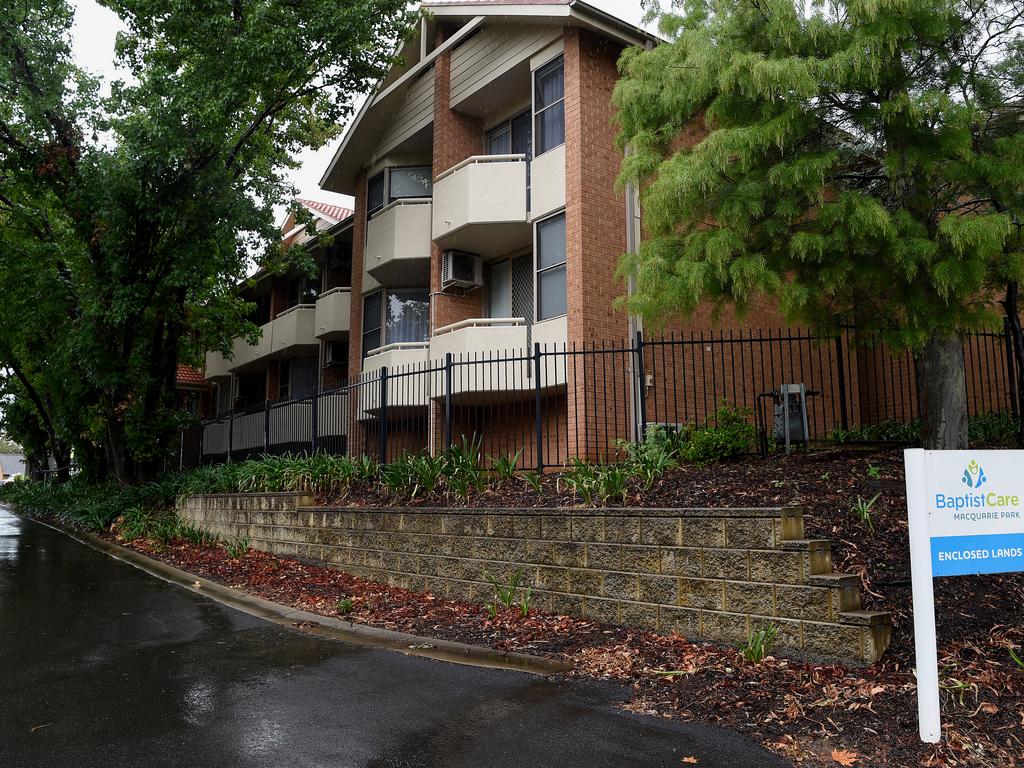Fair Work Ombudsman: Restaurant, cafe workers underpaid $1.2m
More than 80 per cent of businesses in popular food precincts in Melbourne and Brisbane were not compliant with workplace laws.

More than 80 per cent of businesses operating in popular food precincts in Melbourne and Brisbane were not compliant with workplace laws, with their failure to pay the minimum wage and penalty rates resulting in $500,000 in employee underpayment over 16 months.
Between December 2018 and March 2020, the Fair Work Ombudsman recovered $1.212 million in unpaid wages for 1351 workers across the fast food, restaurant, cafe and retail sectors
Fair Work inspectors targeted 49 fast food, cafe and restaurant businesses in Melbourne’s Degraves Street and Hardware Lane, 44 businesses in Brisbane’s West End, and returned to 171 food and retail outlets across Australia that had previously breached workplace laws.
The food precinct employers, which often rely on potentially vulnerable young workers such as university students, because the FWO had been tipped off about potential law breaches.
Audits found 84 per cent of businesses investigated in the Melbourne laneways and 88 per cent of those examined in Brisbane’s West End were not compliant with workplace laws.
The FWO recovered $194,365 for 186 Melbourne laneways workers and $309,073 for 369 Brisbane West End workers.
The audit of the previous offenders found a 71 per cent noncompliance rate, with inspectors recovering $709,289 for 796 workers. Underpaid workers included chefs, cooks, waiters and retail assistants.
Fair Work Ombudsman Sandra Parker said on Friday the low rates of compliance were “unacceptable”.
“While we know some of our priority sectors, including many fast food, restaurant and cafe businesses, have been seriously impacted by the COVID-19 pandemic and are under considerable financial strain, we will continue to enforce workplace laws in a proportionate way,” Ms Parker said.
“We will focus on ensuring that any underpayments of workers are back-paid promptly, and where serious noncompliance is found, we will take enforcement action.”
She said competitive dining strips commonly relied on workers who are young, students or visa holders.
In response to workplace law breaches in the Melbourne and Brisbane food precincts, the FWO issued one contravention letter, 19 formal cautions, 51 infringement notices and 42 compliance notices.
Breaches found in the national food and retail investigations saw the FWO issued 11 contravention letters, 10 formal cautions, 16 infringement notices (with total penalties of $31,290), and 85 compliance notices.
Ms Parker said the most common contraventions across the investigations were failures to correctly pay penalty rates, followed by underpayments of the minimum hourly wage.
Inspectors reported that the most common reason given for noncompliance was lack of awareness of all workplace obligations – 64 per cent across Melbourne and Brisbane, 51 per cent in national investigations).
“A lack of awareness is not a valid excuse for a business to breach workplace laws. The FWO expects all employers to comply with workplace obligations and to access our free tools and resources if they need assistance. Any employees with concerns about their pay should contact us,” Ms Parker said.
Several businesses remain under investigation and may face legal proceedings. Other non-compliant businesses were advised that future breaches will likely lead to enforcement action.








To join the conversation, please log in. Don't have an account? Register
Join the conversation, you are commenting as Logout